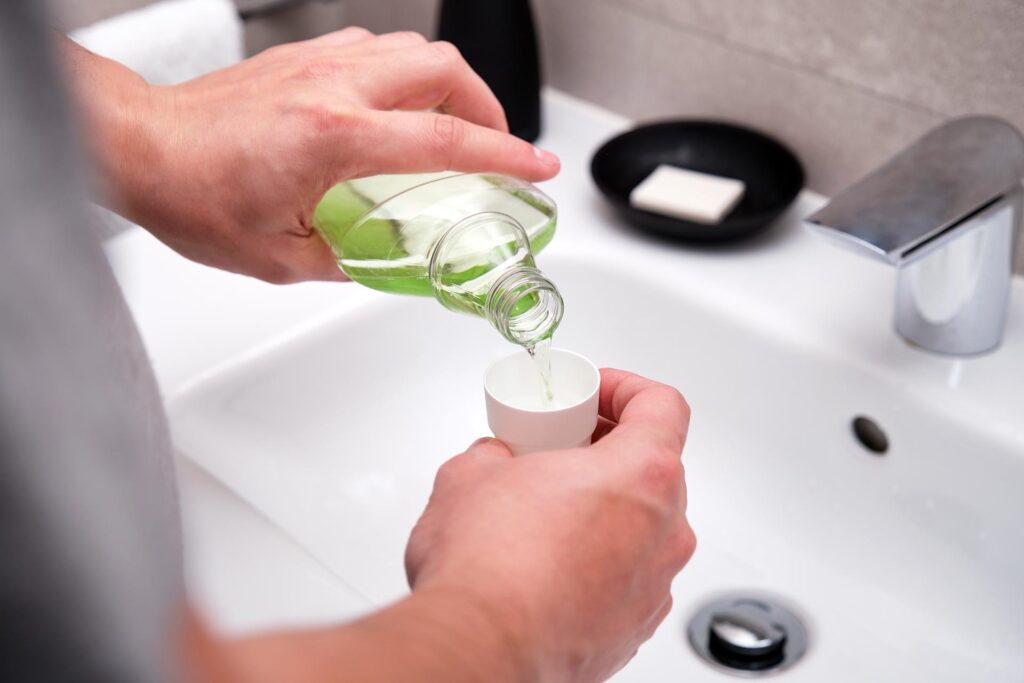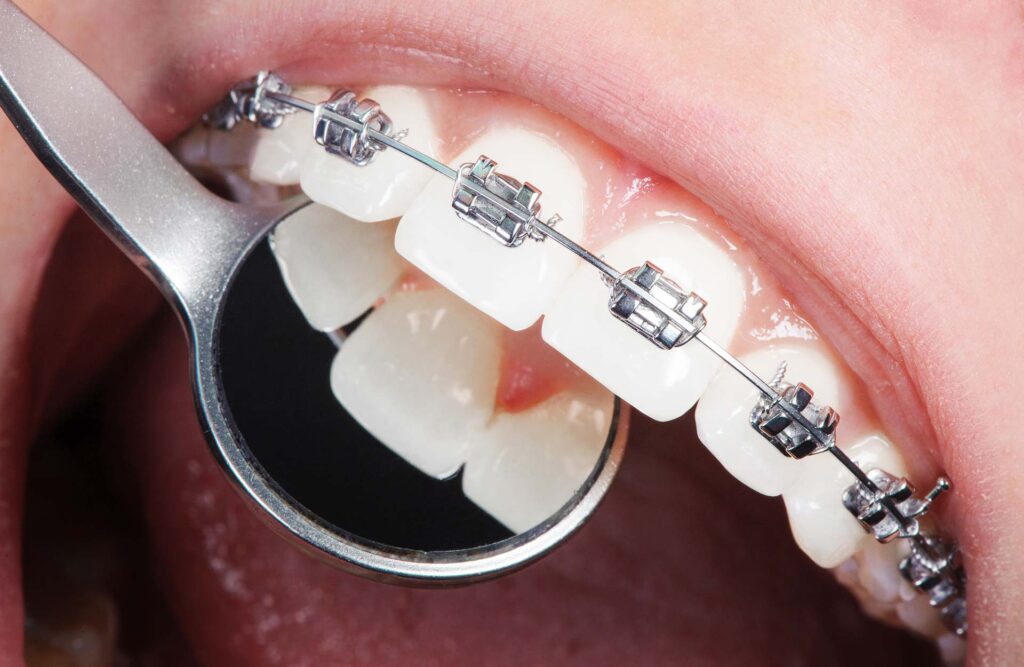
Mouthwash is an excellent complement to oral hygiene, reaching areas that toothbrushes and floss cannot reach. Although the purpose of mouthwash is to kill the bacteria that cause cavities, a low pH can reverse this effect by creating an environment for bacteria in the mouth to grow faster.
A unit of measurement, pH (potential hydrogen) refers to the degree of acidity or alkalinity of a substance. pH ranges from 0 to 14. 0 represents the most acidic substance and 14 represents the most basic substance.
The average pH of the human body is in the range 7.35-7.45, with an average of 7.4. Even a very small change in the pH of the human body can have serious consequences. pH is also extremely important for dental health. Disruption of the pH balance in the mouth facilitates bacterial growth and causes problems such as tooth decay and gum disease.
The pH of water is 7 and is considered neutral. Water has neither acidic nor basic properties. The pH values of mouthwashes on the market vary between 3 and 8. The lower the pH level of the mouthwash, the more abrasive it is. This means that it damages the teeth and gums.
There are already many mouthwashes on the market with pH levels of 3 and 4. If the pH of the mouthwash is 5.5 and below, it means that it damages or can damage the teeth. Of course, the frequency of use and the general state of oral health determine the extent of the damage.
When an acidic environment forms in the mouth, bacteria begin to form caries. Therefore, maintaining a neutral pH in the mouth makes it more difficult for caries to form. The inside of the mouth can become acidic after eating or drinking. The mouth spontaneously returns to a neutral pH within an average of 1 hour. Using an alkaline mouthwash (non-acidic pH) allows the mouth to return to a neutral pH in a shorter time.
Mouthwash is used to prevent cavities and reduce bad breath. If the pH of the mouthwash is 5.6 or higher, there is not much to worry about. It is still better to use a neutral mouthwash whenever possible. People at high risk of tooth decay and those with active cavities should pay extra attention to the pH of their mouthwash.





